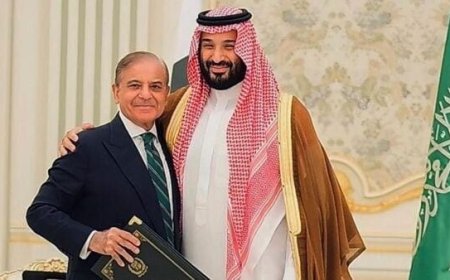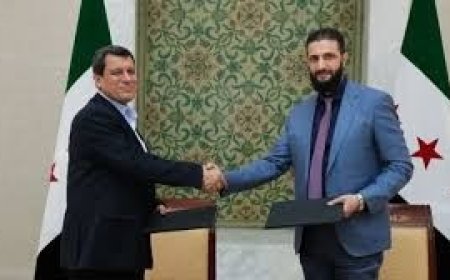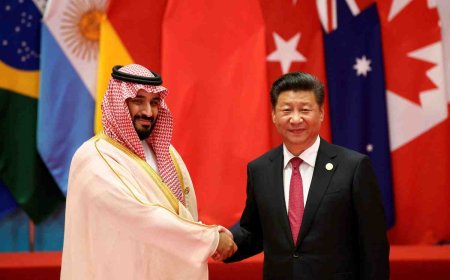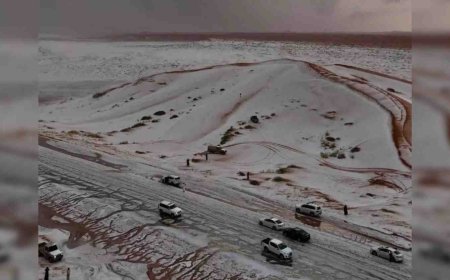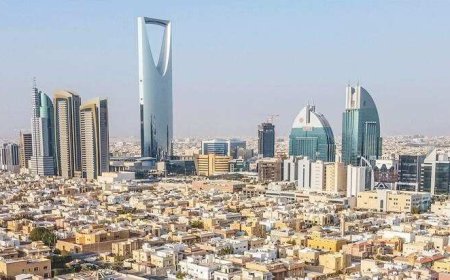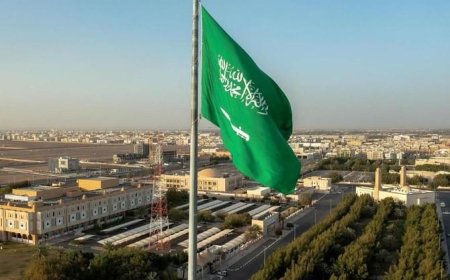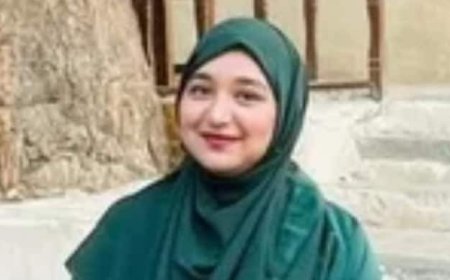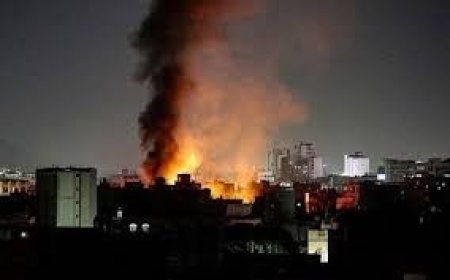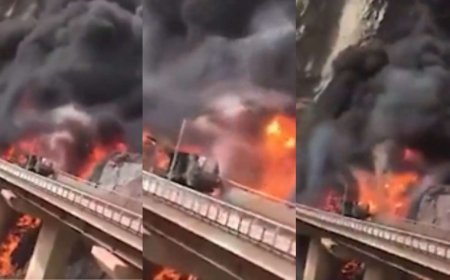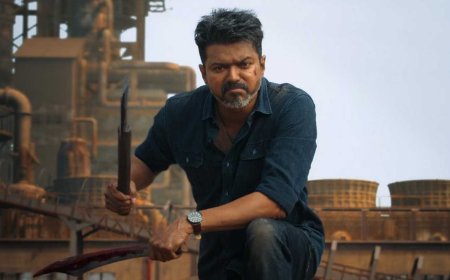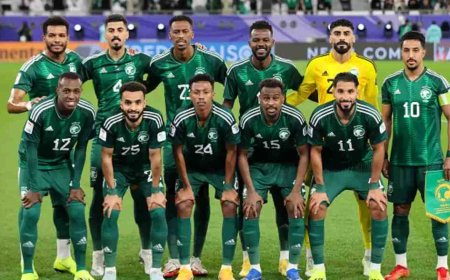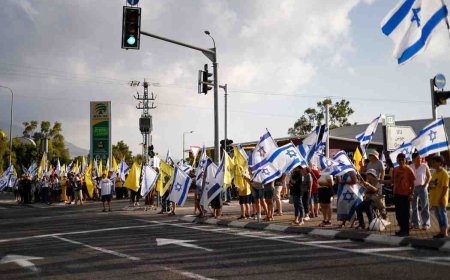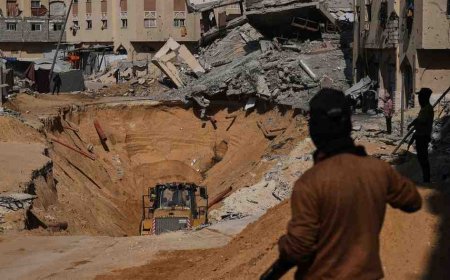Between Power and Peace: Can Jared Kushner Broker a Gaza Ceasefire That Lasts?
Jared Kushner is leading US efforts for a Gaza ceasefire. Explore the risks & rewards of his deal-making diplomacy and what it means for Gaza's future and US foreign policy.
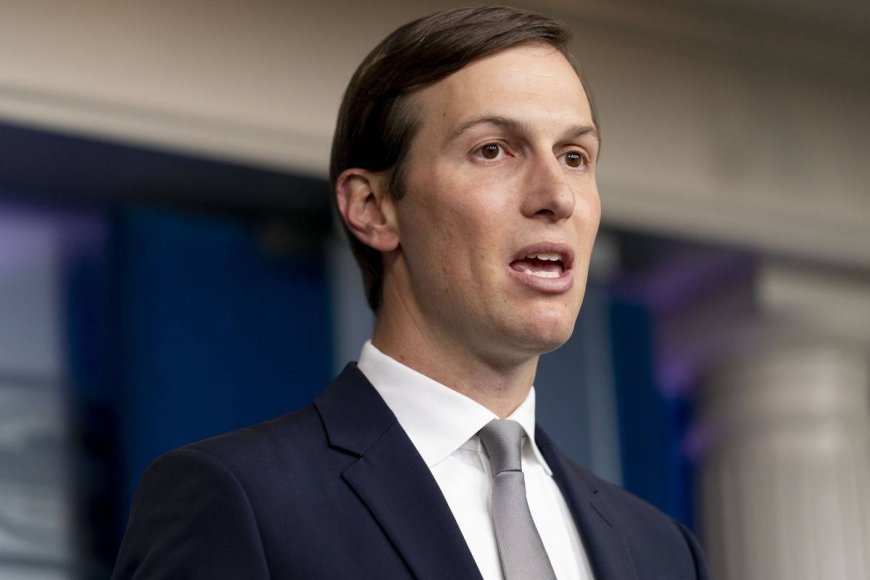
Deal-Maker or Diplomat? What Jared Kushner's Role Means for a Gaza Ceasefire and Future
The future of Gaza and the pursuit of a lasting ceasefire are increasingly seeing an unconventional figure at the forefront: Jared Kushner. The former senior White House advisor and real estate developer is central to a recalibrated U.S. diplomatic strategy in the Middle East, a move that experts and observers are calling both a potential breakthrough and a significant gamble.
This shift away from traditional, career-diplomat-led approaches raises a critical question: Can a dealmaker renowned for his back-channel negotiations successfully navigate one of the world's most intractable conflicts?
From the Boardroom to the War Room
Jared Kushner's profile is built on high-stakes real estate and private equity deals. However, the terrain of the Israeli-Palestinian conflict is fundamentally different, where the stakes are measured in human lives, sovereignty, and deep-seated historical grievances. His involvement in brokering a Gaza ceasefire places him at the heart of a crisis characterized by war, a severe humanitarian catastrophe, and profound political fragmentation.
This move signals a clear intent from the United States to leverage Kushner's unique assets: unparalleled personal access to key decision-makers in Washington and regional capitals, significant political capital, and a proven willingness to operate outside established diplomatic channels. Proponents argue that this unorthodox approach could cut through red tape and achieve a speed that traditional diplomacy cannot match.
However, these perceived strengths are also potential liabilities. A background in business does not automatically confer mastery over the complex nuances, security dilemmas, and historical resentments that define the Gaza conflict. Trust, a currency built over years in this region, is something no outsider can acquire overnight.
High-Stakes Diplomacy in a Pressure Cooker
Kushner's diplomacy unfolds under immense pressure. Gaza is grappling with mass displacement, a collapsed health system, and a desperate need for humanitarian aid. Any viable ceasefire agreement will require difficult concessions from all sides—Israel, Hamas, the Palestinian Authority—and must secure buy-in from regional mediators like Egypt and Qatar.
The key litmus test for Kushner will be his ability to balance competing demands: persuading Israel to de-escalate its military campaign while ensuring Palestinian leaders see tangible, meaningful gains from the process. This is an extraordinarily difficult tightrope to walk, especially when extremist factions on all sides have a history of derailing peace efforts, and public mistrust is pervasive.
Beyond the Truce: The Long-Term Shadow of Kushner's Strategy
Kushner's influence is expected to extend beyond securing a temporary pause in fighting. His vision and involvement could significantly shape the long-term future of Gaza, touching on critical issues like:
-
Post-War Reconstruction: The physical rebuilding of Gaza is a multibillion-dollar challenge that requires a coordinated international effort.
-
Governing Gaza: A central question is who will govern Gaza after the war, navigating the rivalries between Hamas, the Palestinian Authority, and other factions.
-
Security Arrangements: Ensuring that a ceasefire holds and that militant groups cannot rearm is a monumental security challenge.
This is where the U.S. strategy is most vulnerable. A successful ceasefire is only the first step; the lasting peace will be judged by what follows. Kushner's legacy will likely be defined less by the truce itself and more by the stability and governance that—or do not—emerge in its wake.
A Signal of a Shifting U.S. Foreign Policy
Elevating Jared Kushner to such a pivotal role is a clear signal of a changed U.S. foreign policy posture. It indicates a willingness to experiment by blending business-style negotiation with statecraft and to place bold, visible bets on individuals rather than institutions.
Yet, this approach carries inherent risks. Strategic miscalculations—such as proposals that are tone-deaf to local realities or a misreading of key actors' motivations—could backfire dramatically, exacerbating the conflict. Furthermore, the optics of a personalized U.S. mediation effort led by a former president's son-in-law raise questions about institutional oversight and impartiality.
In summary, Jared Kushner's central role in Gaza ceasefire talks is a high-risk, high-reward gambit. He brings deal-making ambition and direct access to power, but he operates without the deep diplomatic experience typically required for such a mission. The outcome will reveal whether this unconventional approach can forge a path to peace or if it becomes a cautionary tale of diplomacy disrupted. The precarious future of Gaza may well hang in the balance.
What's Your Reaction?








